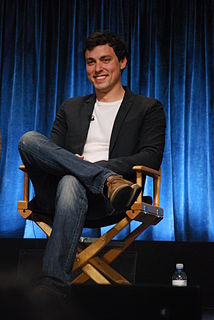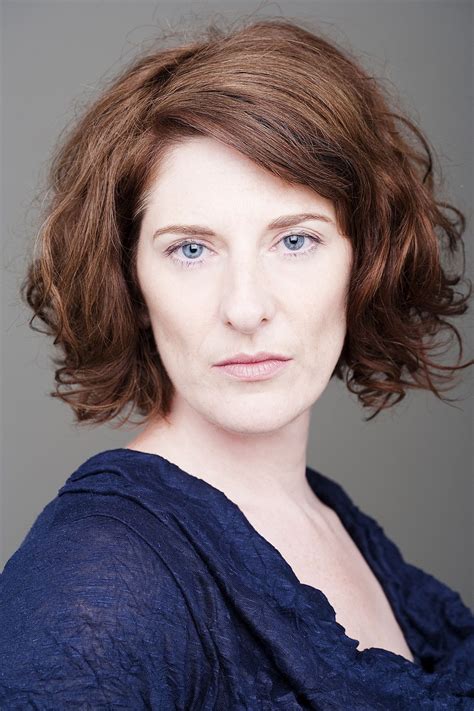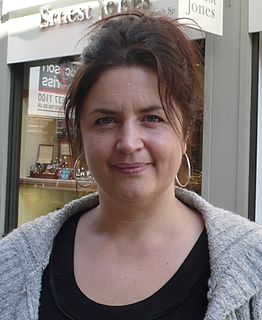A Quote by Jesse Andrews
I think screenwriting gave me more of an affinity for plot - my first novel, 'Me and Earl and the Dying Girl,' doesn't have a very sophisticated roadmap. But screenwriting required me to learn a higher level of plottiness, and I tried to bring that to 'The Haters.'
Related Quotes
My fellow actors inspire me a lot and really good writing inspires me. And then trying to stick to the decision to only do something that I think will challenge me and that I, personally and very subjectively, I think is good not do something because I think it will bring me a lot of money or bring me a lot of awards. I've tried to very, very rigorously be highly subjective about what I do. And that's something that I think I have basically lived by.
If someone does learn about the world from reading a novel of mine, that makes me very happy. It's probably not what brings me into the novel in the first place - I usually am pulled in by some big question about the world and human nature that I'm not going to resolve in the course of the novel. But I'm very devoted to getting my facts straight.



































